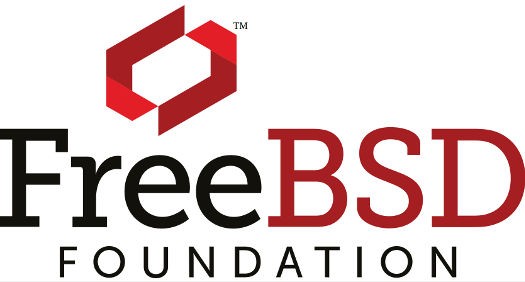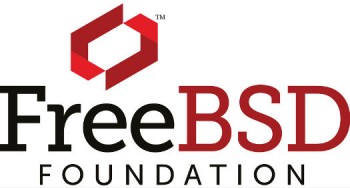Gina Dobrescu and Jim Hall
“Thou shalt make thy program’s purpose and structure clear … for thy creativity is better used in solving problems than in creating beautiful new impediments to understanding.”
~ “The Ten Commandments for C Programmers” by Henry Spencer
**
If you're finding this article useful, please consider supporting our work through our FOSS Force Independence 2026 fundraiser.
**
How easily can you use your computer? Today, the graphical desktop is our primary way of doing things on our computers; we start there to run web browsers, music programs, video players, and even a command line terminal. If the desktop is too difficult to use, if it takes too many steps to do something, or if the cool functionality of the desktop is hidden so you can’t figure out how to use it, then the computer isn’t very useful to you. So it’s very important for the desktop to get it right. The desktop needs to be very easy for everyone to use.
Whenever we think of how easily you can use a program, we’re really talking about the usability of that program. Developers sometimes discount usability and think of usability as making things look nice instead of adding new, useful features. Other times, developers assume usability is too difficult, something that only experts can do. But usability is a very important part of software development.





 In between my articles here on FOSS Force and my Blog of Helios, I can be found most days popping in and out of my Google + stream where I engage in all manner of discourse. My stream includes, but isn’t restricted to, astrophysicists, hipsters, infantry brigade commanders, poets, slackers, delta force team members (not currently deployed), kernel contributors, distro creators, top 40 country western artists, local talk show hosts and just folks like you and me.
In between my articles here on FOSS Force and my Blog of Helios, I can be found most days popping in and out of my Google + stream where I engage in all manner of discourse. My stream includes, but isn’t restricted to, astrophysicists, hipsters, infantry brigade commanders, poets, slackers, delta force team members (not currently deployed), kernel contributors, distro creators, top 40 country western artists, local talk show hosts and just folks like you and me.

 In a March 14 post on the
In a March 14 post on the 
 Here’s the big surprise, especially for those of you trying to stay on top of the Microsoft tax: Choosing Ubuntu over Windows comes with a $101.50 reduction in price. That’s quite a discount — much, much more than I remember back in 2007 when Dell made its first foray into offering Linux.
Here’s the big surprise, especially for those of you trying to stay on top of the Microsoft tax: Choosing Ubuntu over Windows comes with a $101.50 reduction in price. That’s quite a discount — much, much more than I remember back in 2007 when Dell made its first foray into offering Linux.

 The case revolves around Verizon’s use of a supercookie — a cookie that uses a variety of techniques to make it nearly impossible to remove or disable — which the carrier began placing on its customers’ phones in 2012. The cookie gathered information that combined a person’s Internet history — whether through browsers or apps — with their unique customer information. The company ran afoul of the law because of the way it shared the information it gleaned with third parties.
The case revolves around Verizon’s use of a supercookie — a cookie that uses a variety of techniques to make it nearly impossible to remove or disable — which the carrier began placing on its customers’ phones in 2012. The cookie gathered information that combined a person’s Internet history — whether through browsers or apps — with their unique customer information. The company ran afoul of the law because of the way it shared the information it gleaned with third parties.
